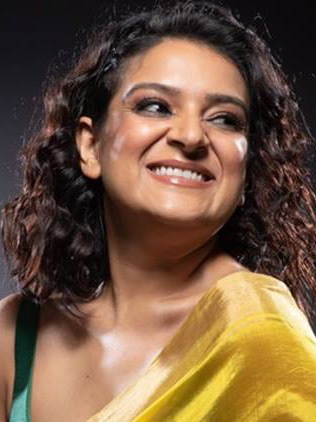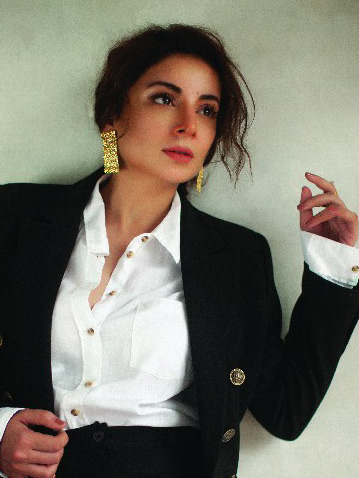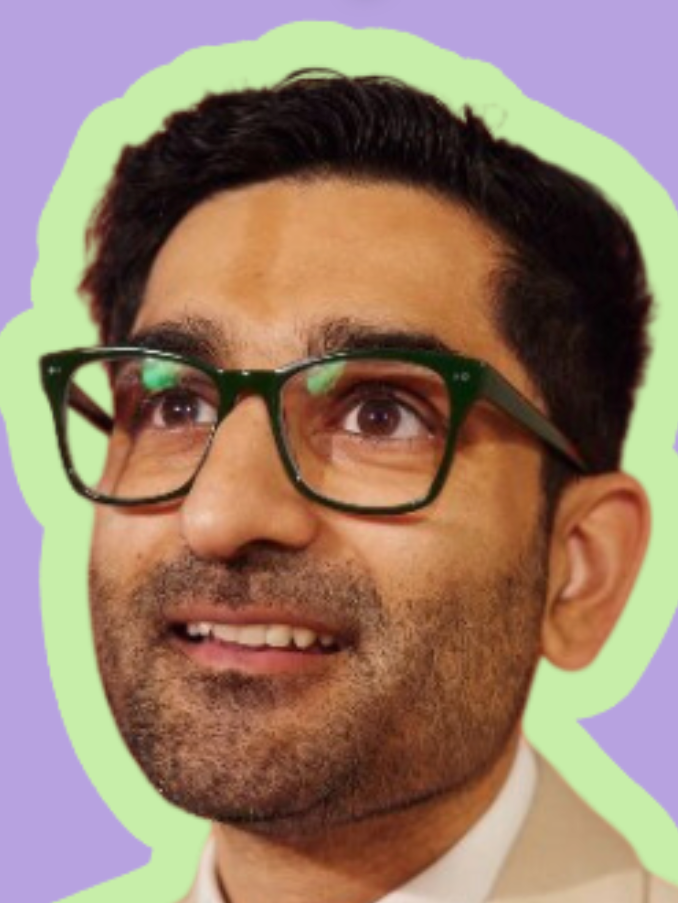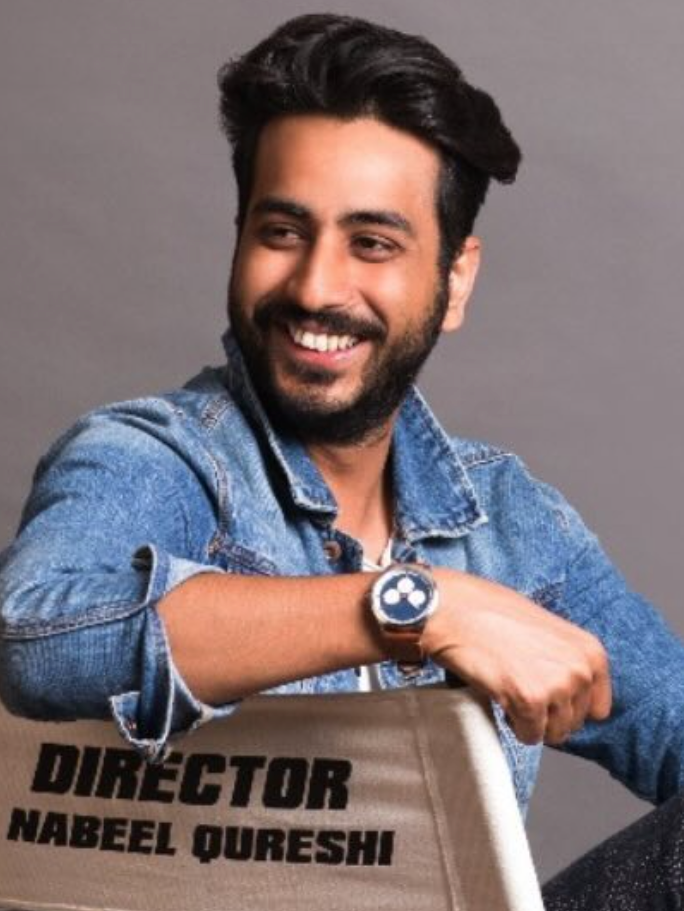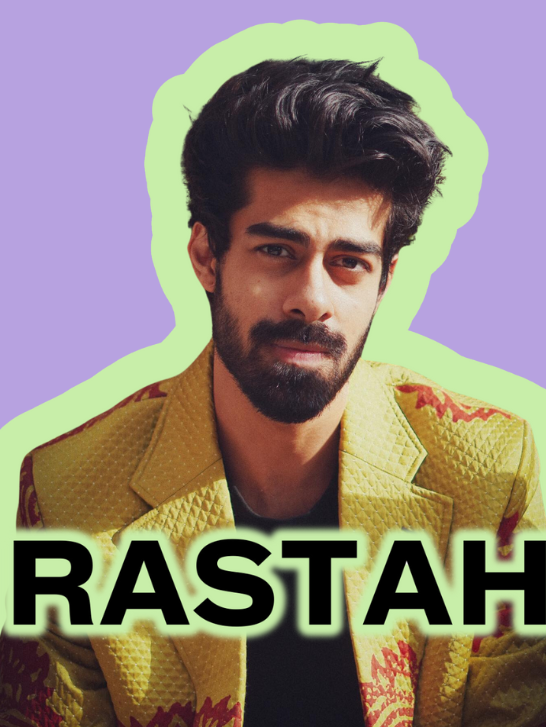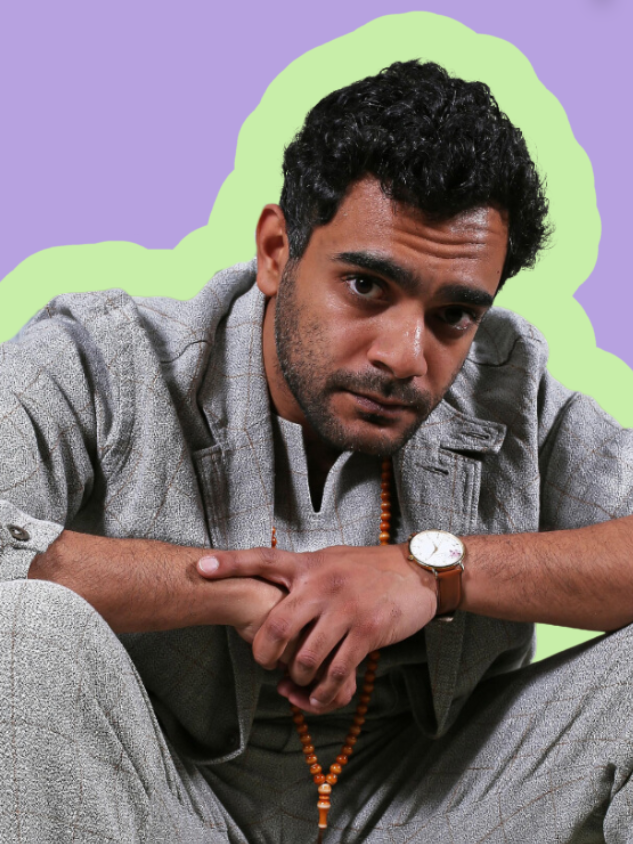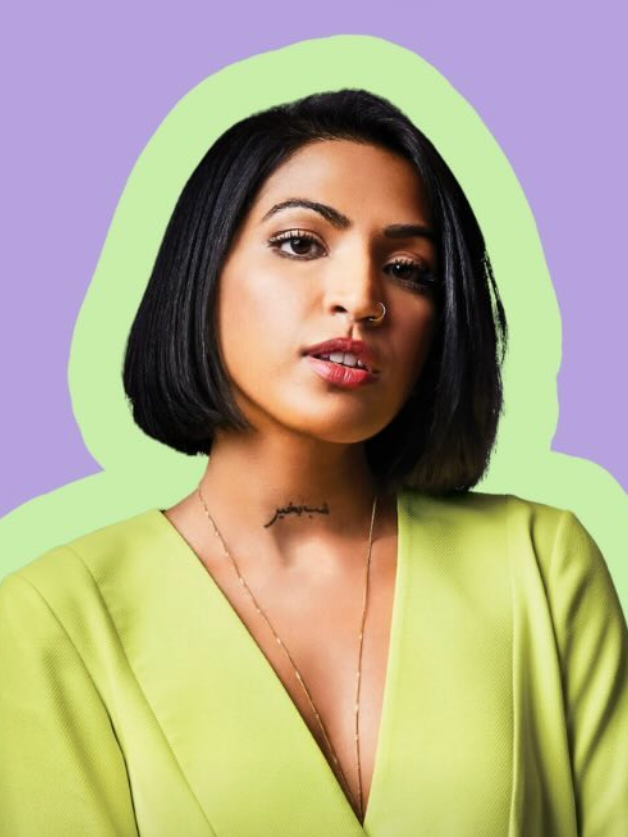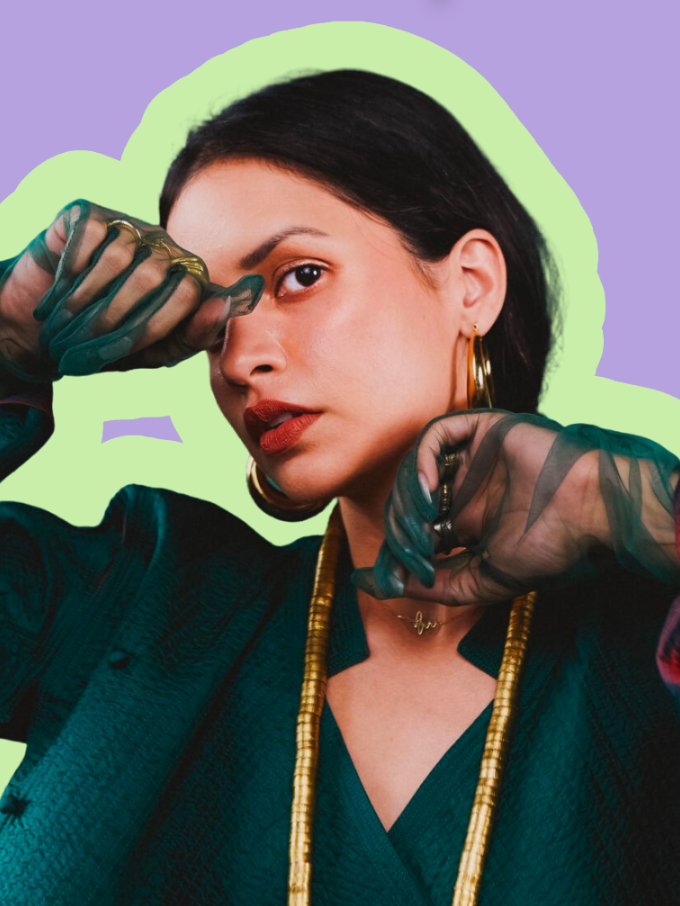"I only care about my roles and my bank balance."
Adnan Siddiqui is one of the few Pakistani actors who has constantly pushed themselves outside of their comfort zone through their roles, advocacy, and public presence. Throughout my entire life, I have watched him on television screens, and through every shift in Pakistan's political climate and periods of wavering stability, he has remained a consistent presence. For Pakistanis seeking inspiration and entertainment, he represents something remarkable: an artist who provides comfort through media created by the very nation responsible for so much of our collective anxiety.
When he stopped by my place in New Jersey during his charity fundraising tour, I knew I had to get him talking about more than just his upcoming projects. We dove deep into why Pakistani dramas are dominating globally while our film industry is still finding its footing, what it means to be "just Adnan" at home versus "Adnan Siddiqui" abroad, and his honest take on success:
Aneesa Khan: For everyone's context, we're currently in my home. Adnan Siddiqui Sahab is here today to have some chai with us. I actually made a big pot of doodh patti that's waiting in the kitchen right now.
You're here visiting New Jersey and New York for charity fundraisers, and you visit this area often.
Adnan Siddiqui: It's always very welcoming. I must say, Pakistani Americans are incredibly supportive when it comes to charitable giving and fundraisers. I know many charity events are happening in this part of the world, but every time, they're ready to come out and support the country.
AK: How do you feel the demographic here differs from your audience in Pakistan? In terms of enthusiasm or the way they support you, what are the main differences you notice?
AS: When I’m back home, I'm just "Adnan." When I'm traveling abroad, I become "Adnan Siddiqui." There's a significant difference. I'm not saying that Karachites don't love me. They absolutely do, but that's like being at home.
AK: HA. Don’t worry, no one's going to cancel you here! But I can sense some hesitation.
You're so outspoken about many issues when it comes to politics, media, and sports. You love sharing with your fans and using technology to connect with people more easily.
AS: I fall into an age bracket where I can connect with people who are older than me, my contemporaries, AND younger generations, because I'm right in the center. Honestly, I think it's a good thing. Being blunt at times is very beneficial.
AK: There's a growing demand for content that reflects the complexities of our current state in Pakistan. However, during times of heightened nationalism like these, nuanced storytelling often becomes the first casualty. We're seeing a lot of jingoistic content from all sides.
As someone who has criticized certain portrayals before, what content do you believe our creators should be producing now?
AS: Television has always been the dominant medium in Pakistan and still is, and you've witnessed many changes in our dramas. We've moved beyond fights with in-laws to addressing serious issues. I just completed a serial called "Akhri Baar," which deals with domestic violence. As someone who's been in this industry for 35 years, I feel this responsibility: to choose projects that deliver meaningful messages, where I'm serving my countrymen and viewers in some capacity.
You'll see significant changes in content now. Many issue-based dramas are being produced. We create reality-based dramas that address real problems. Drama-wise, we're performing very well.
You'll see a lot of change in content. A lot of issue-based dramas are being made. We have art dramas in Pakistan. We're based in reality, based on real issues. Drama-wise, we are doing very good.
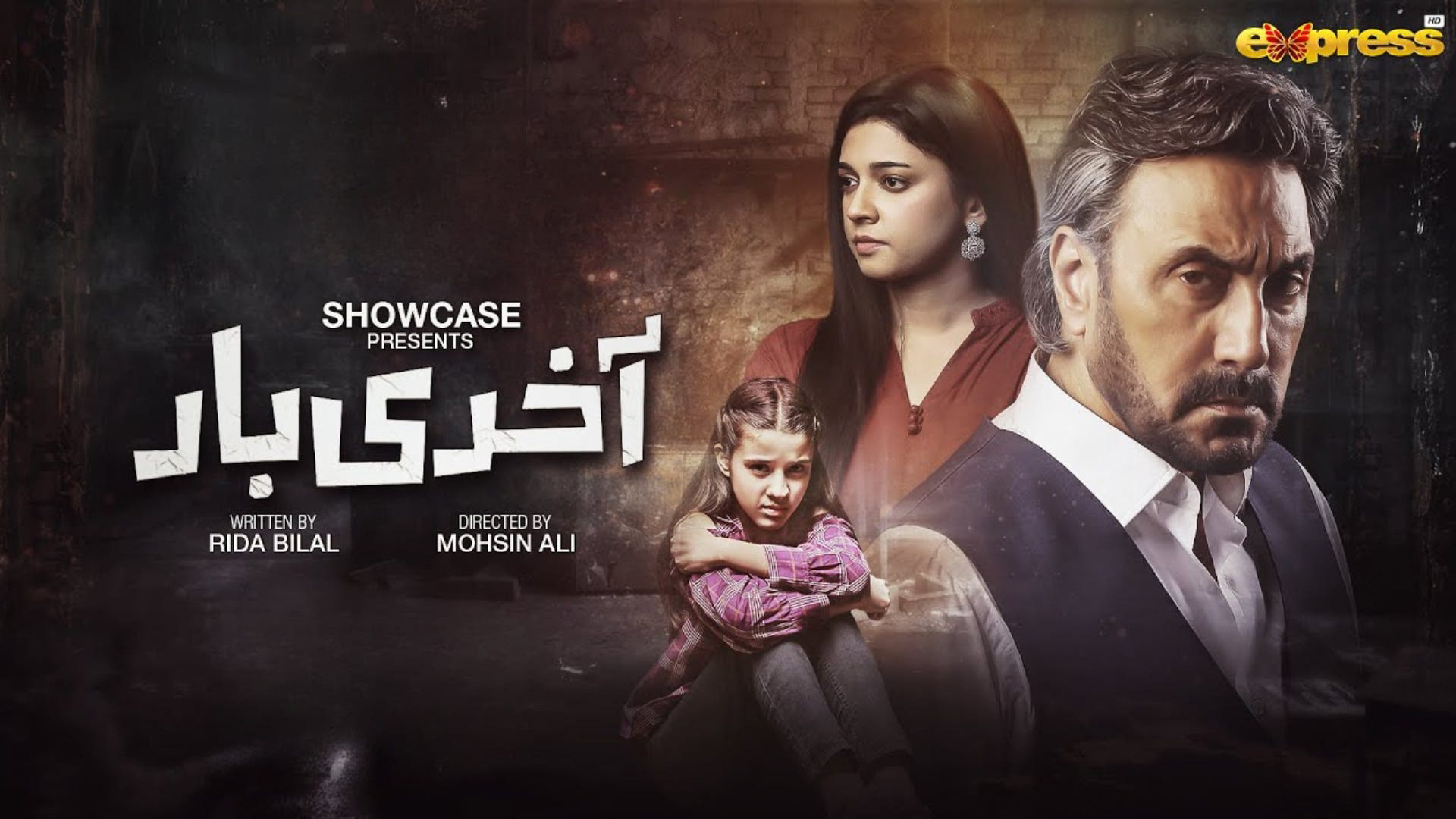
“Akhri Baar” (2025)
AK: The themes we see today are completely different from what we would have seen when you first started on PTV.
AS: Those were the golden days of PTV. If you look at shows like "Shehzori" or "Uncle Urfi," when you watch those serials now, they were remarkably modern for their time. They were socially acceptable, and the primary reason was education.
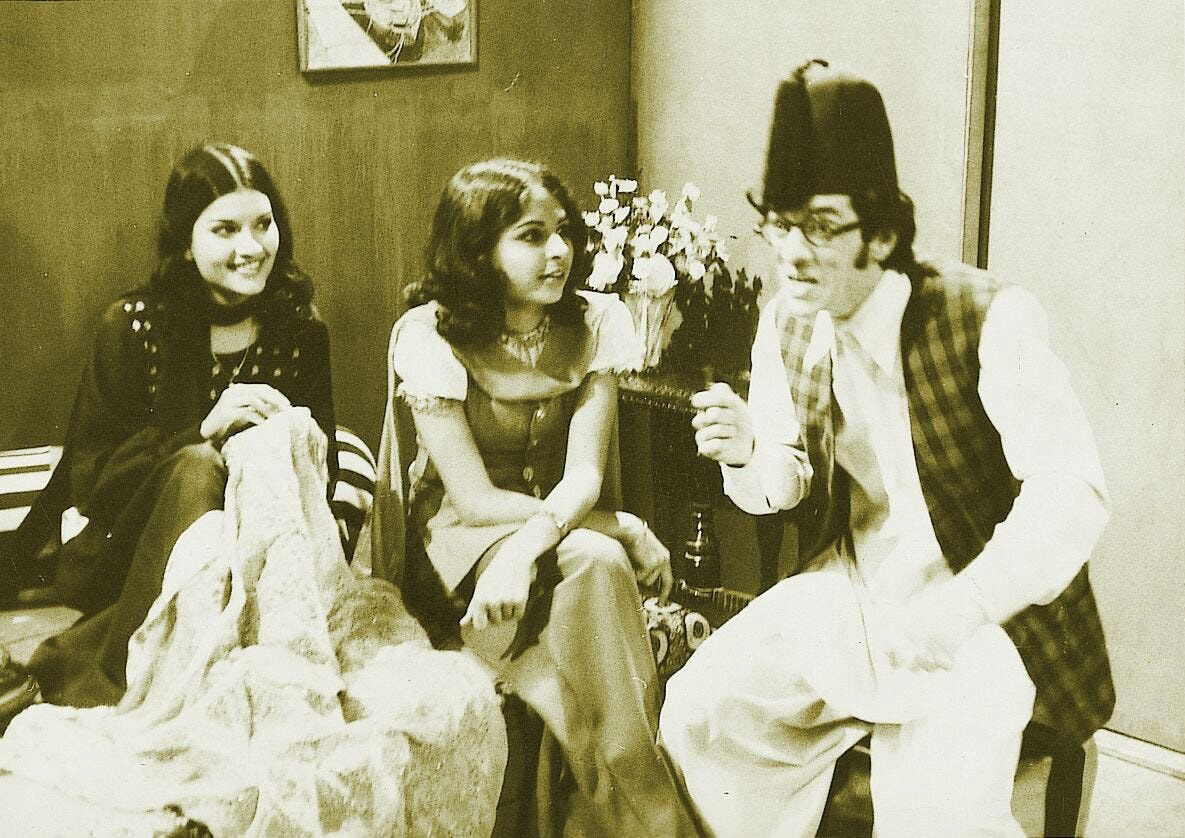
“Uncle Urfi” (1972)
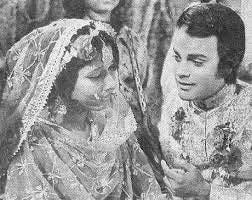
“Shehzori” (1974)
AS: I'm not targeting anyone specifically, but while social media holds great promise, it has negative aspects as well.
AK: A lot of misinformation and shortened attention spans.
AS: People start believing anything, and anyone can write whatever they want, and it becomes totally acceptable.
AK: From this perspective, we've mastered television dramas. We know the entire world loves our dramas. The YouTube views are clear evidence of that. But we struggle to find a solid footing in the film industry, even within our own country. We have theaters closing across Pakistan-
AS: There's your answer right there. There are hardly any theaters remaining, so how can we effectively make movies?
AK: But even when theaters were still operating, we haven't had a strong reception for the films we've been releasing. What do you think we're missing?
AS: I believe we excel in dramas, but we're still struggling with filmmaking. Film is about scenes and shots; drama is about dialogue. I think the screenplay element is lacking in our films. However, some exceptional directors and producers are doing excellent work. People like Humayun Saeed, Nabeel, and Bilal Lashari. They're all contributing significantly and helping the film industry.
AK: I agree. We have great star power and production value, but there's something in our scripts that we need to crack.
AS: Unfortunately, we used to make quality films in the '70s, but then we lost our direction. I believe every industry has its genre. Bollywood is known for songs, romance, and dance. For martial arts, China, Japan, and Hong Kong are unmatched. Hollywood excels at everything. What was our genre? Gandasa films, Punjabi cinema, “Maula Jatt.” These defined our film identity.
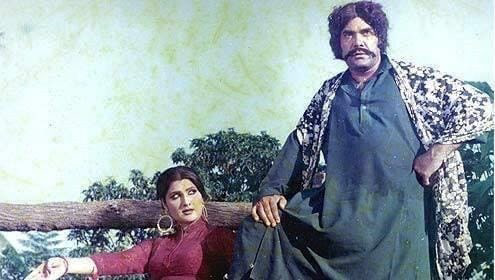
"Maula Jatt" (1979)
AK: What do you think the next trend will be?
AS: I cannot predict what's coming, but whatever needs to be done must happen now. I know the cinema infrastructure isn't there, but we have passionate filmmakers, and that's why cinema is surviving. Because of people like those I mentioned, I'm confident you cannot kill the silver screen. It has to exist. It's the biggest screen, and every actor dreams of being on it.
AK: We're slowly finding our way back. After achieving success across television and film, you've worked in Bollywood, Hollywood, and Lollywood. What creative mountains are you still eager to climb? Are there particular roles, stories, or artistic collaborations that remain on your bucket list?
AS: Thank God I've worked in all the "woods." That's encouraging. But I reached a point of self-actualization where I felt I'd done everything, which isn't a good sign. You have to keep growing.
When you create serials that become blockbusters like "Mere Paas Tum Ho," you set a standard. You must accept scripts that are as good as "Mere Paas Tum Ho" or better.
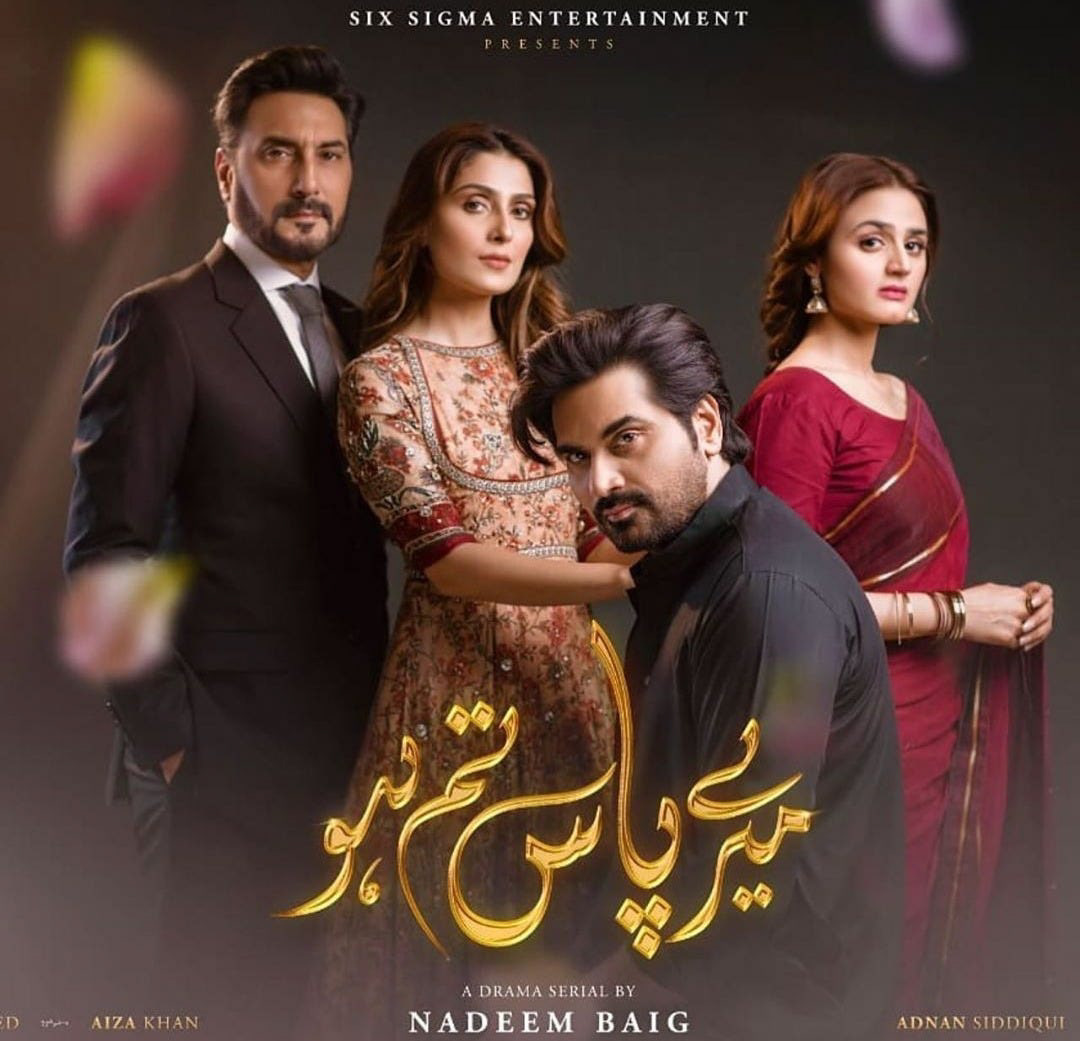
“Mere Paas Tum Ho” (2019)
AS: So I'm seeking different roles. It could be anything. I'm not looking for hero-type roles specifically, but characters that hold deep meaning for me, that bring significance.
AK: Is that how you define success with a role? Not necessarily the ratings or viewership, but the quality of the character, even if it doesn't reach as many people?
AS: I focus on what I'm enjoying. I don't worry about ratings or anything else. I only care about my roles and my bank balance.
AK: That's refreshingly honest! Well, that covers everything I wanted to discuss. Thank you.
I've watched many of your interviews and noticed how you always use analogies and unique perspectives, so I'm very happy to have experienced this firsthand.
AS: Thank you so much for the surprise interview!
AK: You handled it very well!!!
This conversation has been edited for clarity and length.
